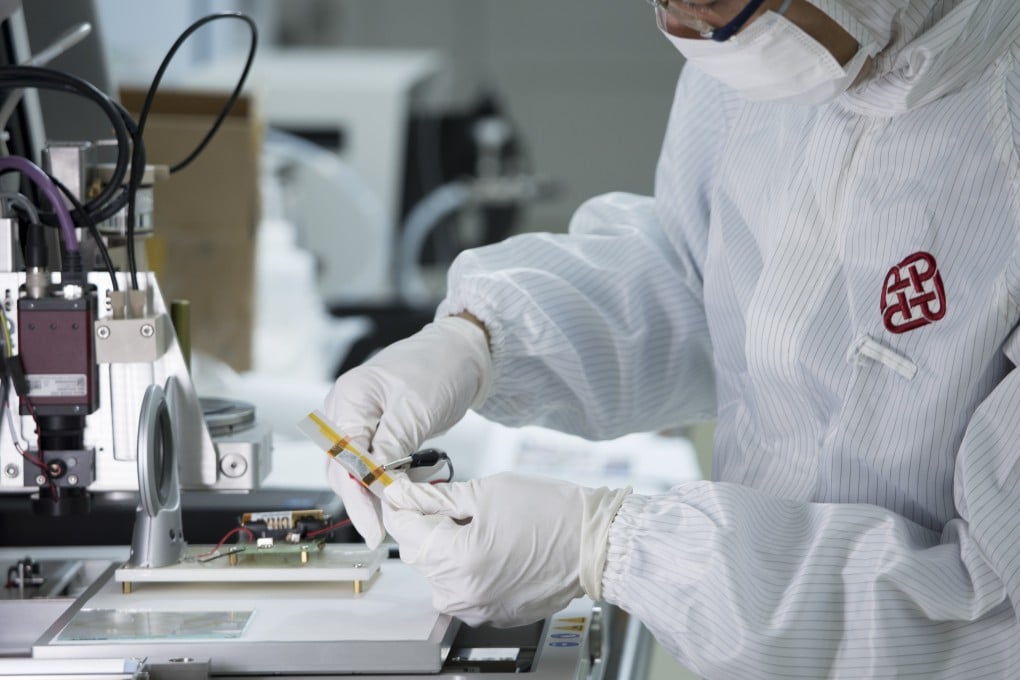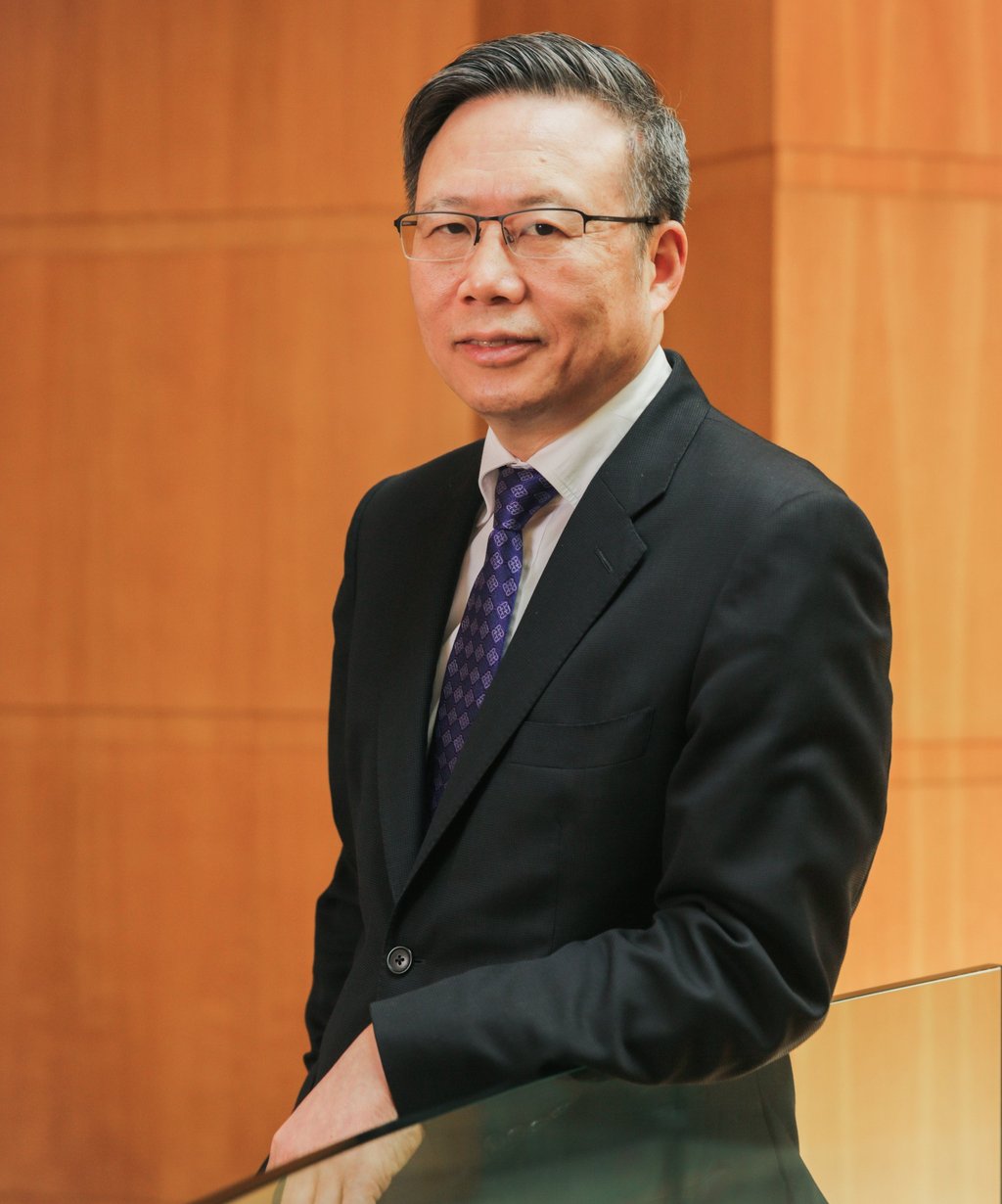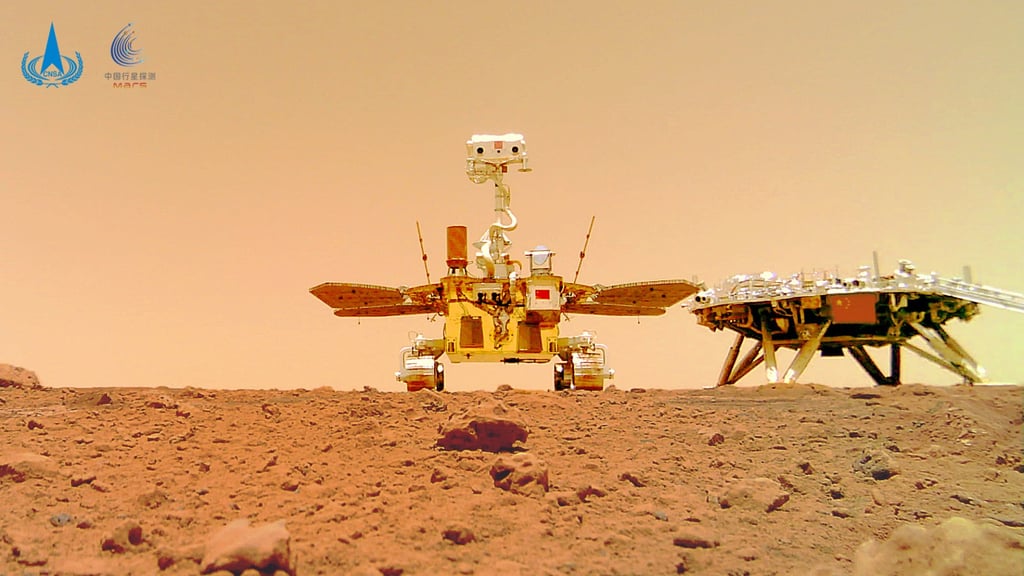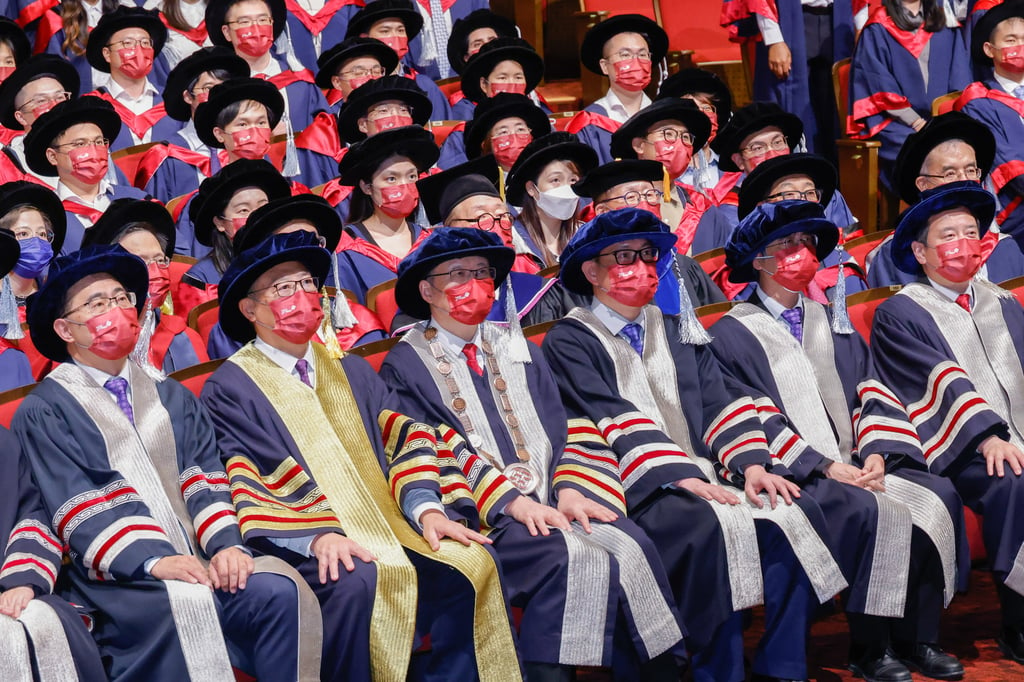PolyU celebrates its 85-year history, while looking to Hong Kong’s future and its transition to an international I&T hub
- The institution has evolved from a technical college to an internationally recognised centre for technology and innovation
- Its interdisciplinary research platform PAIR brings together 16 leading institutes to drive innovation for tomorrow’s society

[Sponsored article]
The Hong Kong Polytechnic University (PolyU) is coming to the climax of a year of celebrations to mark its 85th anniversary, with a slew of ambitious plans that aim to capitalise upon its research and teaching capabilities and consolidate its position as a world-class educational institution. The university has undergone significant change over the past eight decades, evolving as Hong Kong’s economy has evolved, beginning life as a government trade school and obtaining official university status in 1994.
PolyU’s president, Professor Jin-Guang Teng, who first joined the institution as a lecturer a month before it achieved university status, says its evolution from a teaching institution into a leading research-based university demonstrates its dedication to addressing societal needs – a theme that underpins its new plans.
“The institution was set up to support industry in Hong Kong, and therefore the economic development of the city,” says Teng. “It has a very strong tradition of close partnership with the community and this is a special feature of the university. We have a strong emphasis on directly benefiting society and this model will still be the spirit of the university that will lead us in the future.”
In October, The Times Higher Education World University Rankings 2023 placed PolyU 79th – up 12 places from the previous year and citing teaching and research among its key performance indicators – an achievement the university sees as an endorsement of its performance.

“The rankings are a reflection of our progress and a recognition of our efforts,” says Teng. “They tell us we are good, and they reflect on our strengths and identify areas for further improvement. Of course, they are important in attracting students and staff – it’s a virtuous cycle that we want to continue.”
When what was to become PolyU opened in 1937, it was a small, post-secondary technical institution offering engineering and construction courses. Over the years, it expanded to accommodate the new demands of a rapidly industrialising territory and within a decade had transitioned to the Hong Kong Technical College, with disciplines related to commerce, textiles, design, mathematics, science and engineering. The move to its permanent campus in Hung Hom in 1957 was a major milestone, setting the foundations for its expansion and transition to university status. By 1972 it had achieved polytechnic status; further milestones were to come, including the addition of its first PhD and taught master’s degree programmes in 1989.
As PolyU wraps up its 85th anniversary celebrations, its mission to be a driver of change for societal issues is pinned, to some extent, on the Hong Kong government’s plans to develop the city as an international hub for innovation and technology.
The development of the Northern Metropolis area, close to the border with Shenzhen, into an integrated hub for the cities of the Greater Bay Area (GBA) has the potential to generate 650,000 jobs – but the plan requires the cooperation of key stakeholders to provide the facilities, including research centres, manufacturing plants and affordable housing. This will attract I&T talents to Hong Kong, says Teng.
This year, the university established the PolyU Academy for Interdisciplinary Research (PAIR). The platform brings together 11 research institutes and five research centres, one of the chief objectives being to encourage cross-discipline collaboration to drive the transfer of knowledge and nurture innovations. This would be in cutting-edge areas such as food security, smart cities and smart energy, carbon neutrality and deep space exploration – an area of particular pride for PolyU following its development of new terrain mapping techniques and a Mars landing surveillance camera. Last year, these innovations helped to identify the landing site for the Zhurong rover, a crucial part of China’s Tianwen 1 Mars mission – the nation’s first to the planet. The camera also helped monitor the operations of the rover as it roamed the surface.

The PAIR initiative underpins Teng’s desire to grow the capabilities of PolyU’s research centres into world-leading institutions whose outcomes will have tangible impacts.
“If you want to address societal challenges, we have to get people to work together on bigger projects,” he says. “Each of these research institutes is focused on a particular agenda and we want to define them clearly for the needs of society. The collaborations allow us to work on real projects and real problems. And they will allow us to contribute to the future development of Hong Kong as an innovation and technology centre of the GBA.”
He believes the expansion of the university’s research capabilities will help Hong Kong develop a pipeline of enviable I&T talent. PolyU has more than 2,000 PhD students engaged in research, and some 2,000 members of staff in research posts – illustrating how a strong research-orientated campus could fuel the growth of that talent pool.

PolyU’s ongoing commitment to the wider community also includes a compulsory service-learning initiative introduced in 2012, which places undergraduate students within communities in Hong Kong and overseas to take on real-life tasks and increase their exposure to and understanding of grass-roots issues.
The initiative has sent students to Rwanda to install solar panels, and to mainland China to work with underprivileged children in rural areas. It has also placed students undertaking healthcare disciplines at eye clinics within homes for the elderly. PolyU, with a current undergraduate student population of nearly 16,000, aims to send about half of its undergraduate students on non-local service-learning projects, and plans for every undergraduate student to have a non-local study experience by 2028.
“When we talk about social responsibility, we have to embed it in the mindset of our students,” says Teng. “They get experience but they also are exposed to society. They can see how people live in Hong Kong or elsewhere. It’s got a social responsibility education together with an academic element.”